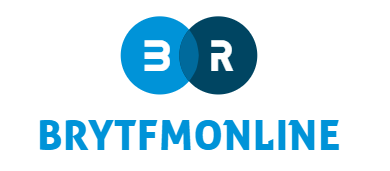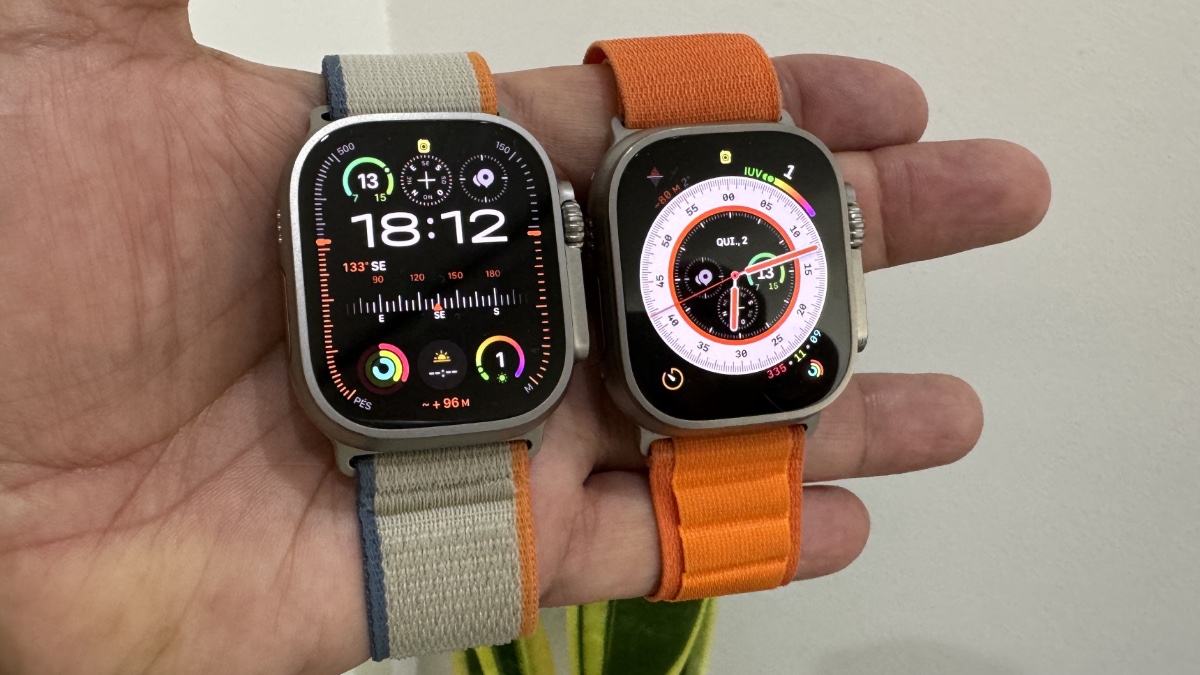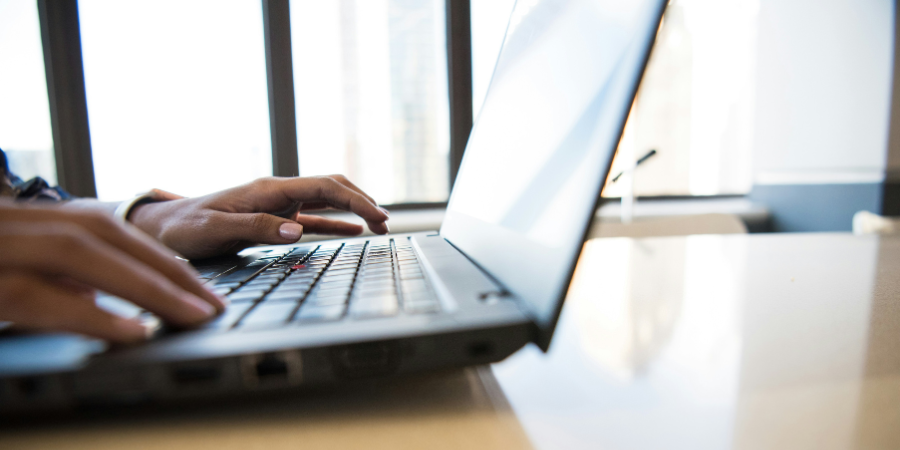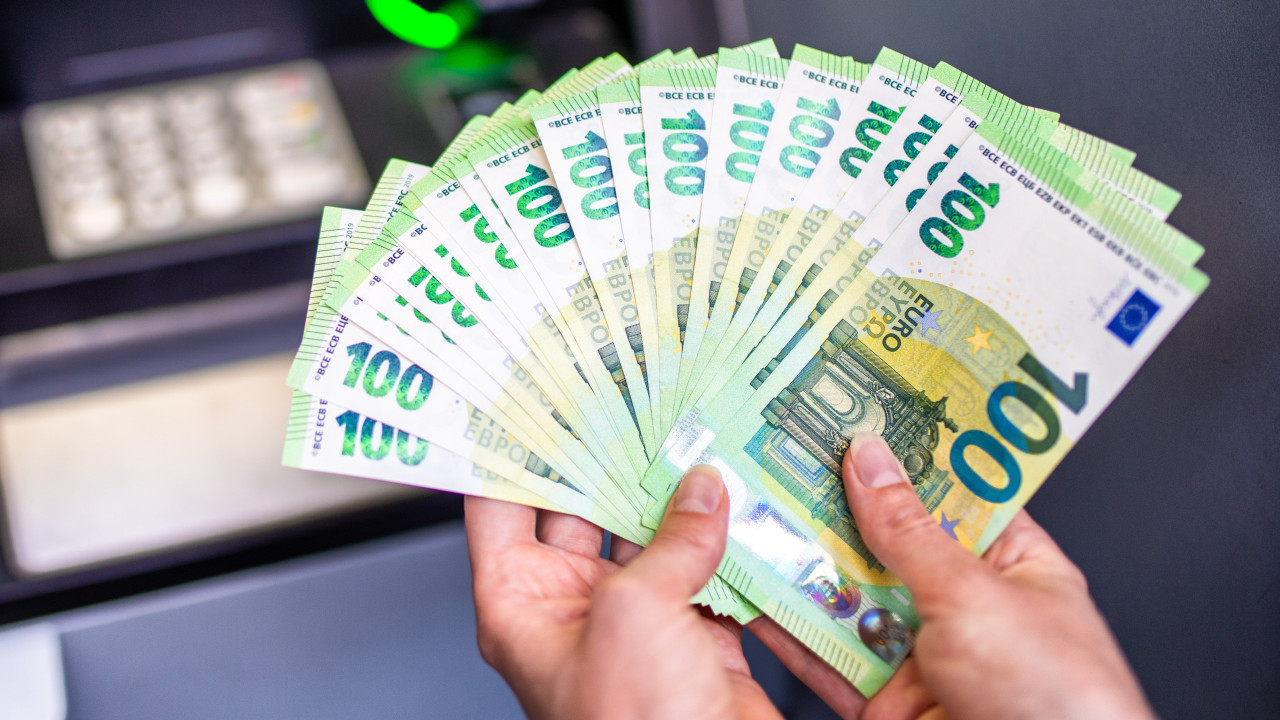The sudden lifting of many of China’s Covid-19 restrictions has caused an outbreak of the disease across the country — and with it, much anger and confusion on social media.
Amid an acute shortage of rapid testing kits, many Chinese provinces such as Zhejiang, Anhui and Chongqing are implementing a new policy allowing people who are asymptomatic or have mild symptoms of the COVID-19 virus to return to work.
On the social network Weibo – which is equivalent to Twitter in China – the hashtag related to this ad has been read 33 million times since Monday (12/19). The reaction is one of surprise and anger.
“There was no preparation for the past three years, and suddenly the restrictions were lifted and you were allowed to go to work sick. Our life is useless, like the life of ants,” reads a comment that has been liked 200 times.
“Just a few months ago people got caught when they went to work with a positive test,” according to another comment, which has nearly 1,000 likes.
Even some overseas Chinese who returned to the country after a shortened hotel quarantine period recently were surprised to discover how quickly the virus was spreading.
“I haven’t had the virus in the last few years when I lived abroad, but I did get it days after I came back… everyone I know has the virus and fever – so if you can go out of the country for a while, don’t come back,” one user wrote on Xiaohongshu. Another popular social network in China.
Chinese state media praises the hard work of frontline workers – Image: Getty Images (via BBC)
Over the past two weeks, the Chinese internet has been filled with posts about how people treat themselves after contracting the virus.
Videos have gone viral in China showing asymptomatic children bringing food and water to their sick parents. Some have shown creative ways to maintain social distancing by living in the same house, to avoid infecting relatives.
Amid nationwide drug shortages, Chinese media has also sought to publish stories to encourage community spirit. Countless videos can be found on Weibo of people packing up painkillers they don’t need and sending them to those in need.
The media is urging people to be kind to healthcare workers and highlighting the acts of kindness shown by those on the front lines.
The news site The Paper, for example, highlighted a call from a man to a government worker in Chengdu, southwest China, who had a hoarse spin and coughed on the phone.
“Don’t worry, no problem,” he said before hanging up. “Take care of your health, please.”
Social media platforms in China often post positive news in the face of adversity in their “trending” lists.
The hashtag #DoctorandPersistentEnfermeirosWorkHard has become a trend in recent days, and state vehicles pay tribute to the contribution of these professionals to the fight against coronavirus.
But the independent South China Morning Post reported last week that fresh protests had broken out among medical students demanding “better pay” and frontline protection.
The state press did not mention these demonstrations. But photos and videos of the protests are routinely censored.
That’s what happened in November, when nationwide protests broke out against strict anti-Covid-19 measures. But the stories about the medical sector being overshadowed were clear.
Thousands of retired medical professionals have returned to work as the press reported “long lines” at outpatient clinics and fever clinics under “extreme pressure”.
Newspapers in many cities admitted that the number of calls to emergency services was “on the rise” and urged people to call only if necessary.
Several photos can be found on Weibo showing healthcare workers sleeping at their desks. Footage was also circulated showing exhausted workers receiving an intravenous injection.
More than 10 million social media users have watched a video posted in recent days showing a man on his knees, begging for his son to be treated at a clinic in Guangdong – the province with the highest number of cases.
The doctor responds by saying, “We are overwhelmed… There are lines for six to eight hours. Everyone is waiting, children, old people—I’m not the only one.”
– The text was originally published in https://www.bbc.com/portuguese/internacional-64080719

“Wannabe internet buff. Future teen idol. Hardcore zombie guru. Gamer. Avid creator. Entrepreneur. Bacon ninja.”






:strip_icc()/i.s3.glbimg.com/v1/AUTH_e536e40f1baf4c1a8bf1ed12d20577fd/internal_photos/bs/2022/1/C/H2N1toSAmW4VrtEdcLew/image.png)
More Stories
The “Life as a Scientist” exhibition celebrates women in science at FMUSP
Dengue Fever Bulletin – 2/5/2024 – Blumenau City Hall
What are those “spiders” from Mars we talk about so much? See what science says